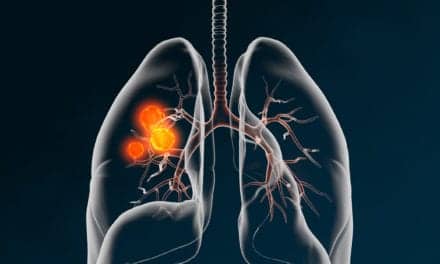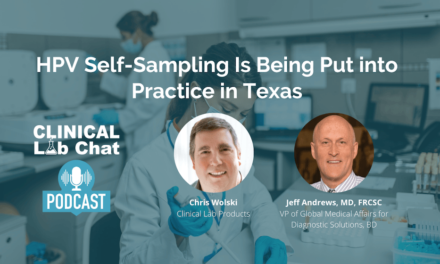SEngine Precision Medicine, a precision oncology company matching patients to medicines based on their tumor samples, has been certified through the New York State Department of Health’s Clinical Laboratory Evaluation Program (CLEP) to perform the PARIS Test on samples from the state, making the PARIS Test CLIA certified in all 50 states.
What is the PARIS Test?
The PARIS Test uses tissue from any solid tumor—including colon, breast, lung, ovarian, and pancreatic cancers—to generate actionable reports highlighting drug sensitivity for their individual disease.
“With this rigorous certification process complete, patients in New York seeking treatment for cancer can more easily access our unique test, which measures and compares the response of their own cancer tissue to a range of possible therapies,” says Shalini Pereira, PhD, Clinical Laboratory Improvement Amendments (CLIA) Laboratory Director for SEngine. “We’re elated to partner with New York-based oncologists and cancer centers, as we have been throughout the rest of the country.”
Further reading: How Next-Generation Sequencing Is Revolutionizing Precision Medicine
SEngine’s PARIS Test consists of 3D organoids grown from patients’ own tumor cells in a lab, which can then be tested with a library of more than 240 small-molecule drugs. The results decode the most effective treatment options that DNA sequencing alone cannot reveal. This test also reveals which chemotherapies will most likely not work in a specific case, saving patients time, money, and unnecessary side effects, the company says. The test will seek to help oncologists determine the best treatment strategy or clinical trial for each patient.
“We are grateful to New York’s Department of Health for this approval. CLEP’s stringent standards are recognized as exceeding even federal CLIA benchmarks, marking this moment as confirmation of our dedication to following the science,” says SEngine CEO and co-founder Carla Grandori, MD, PhD. “As the only high-throughput test of its kind, the PARIS Test represents a new hope for a growing number of patients with cancer and their care teams as they seek a personalized course of treatment. It’s the first step towards fulfilling our commitment to better, more precise cancer therapy.”




